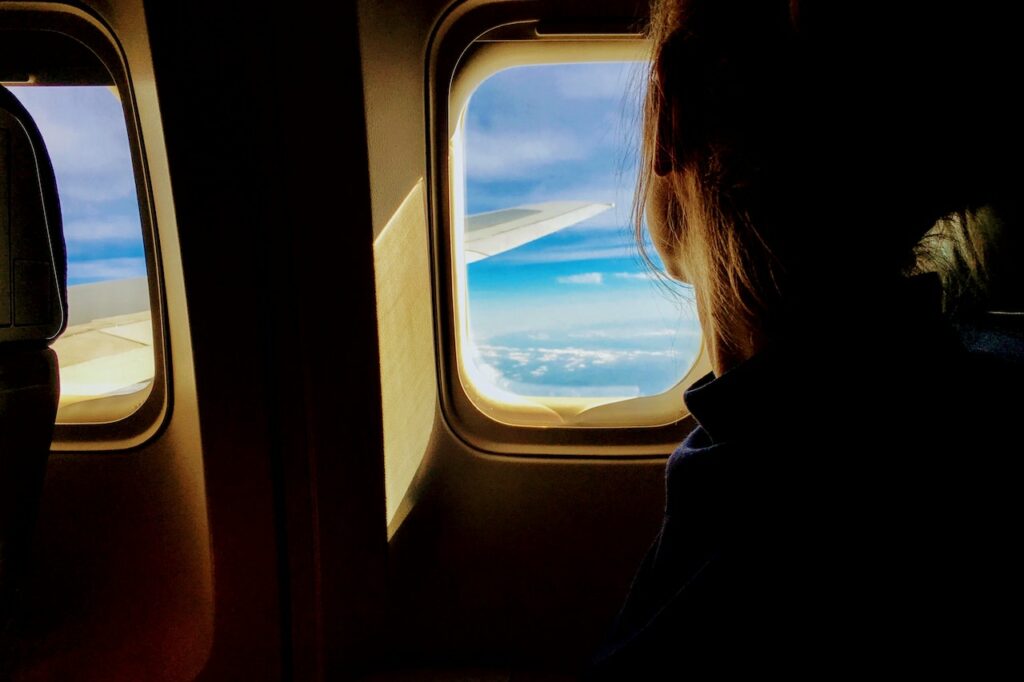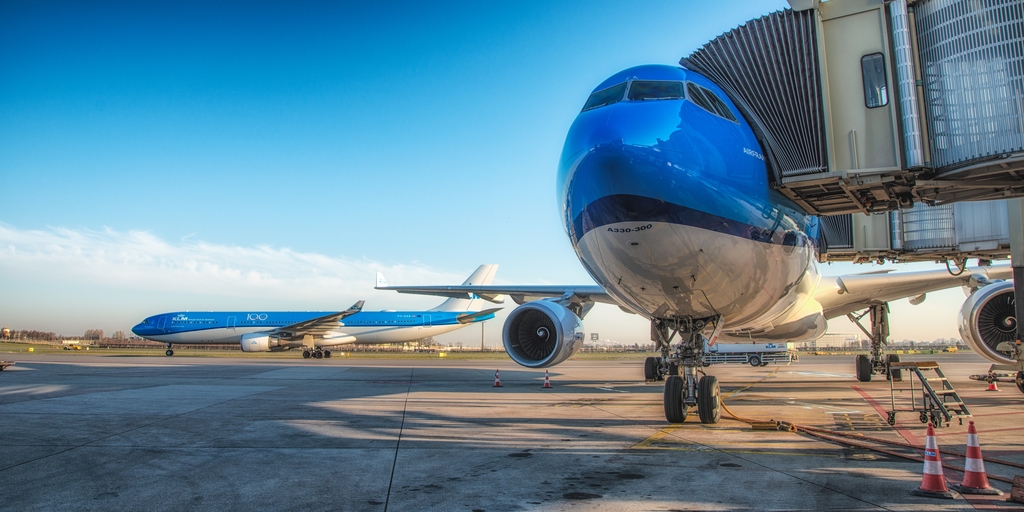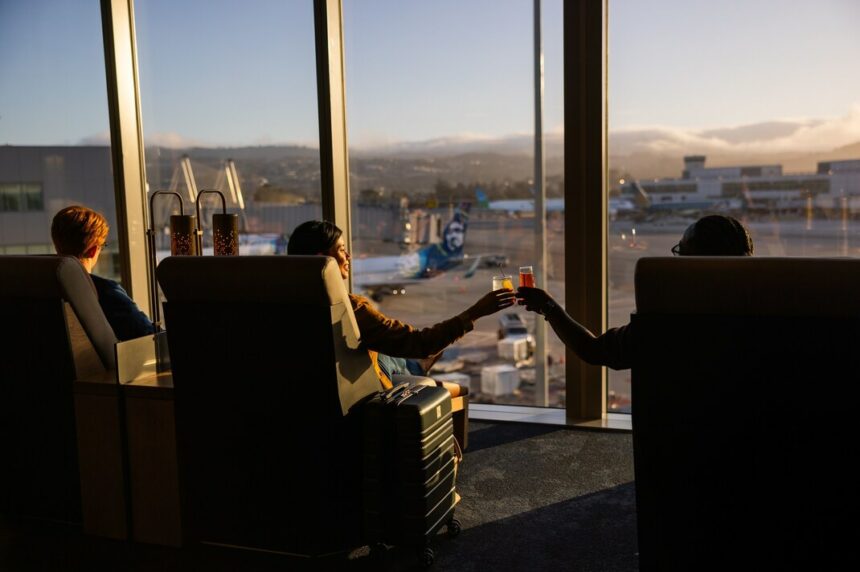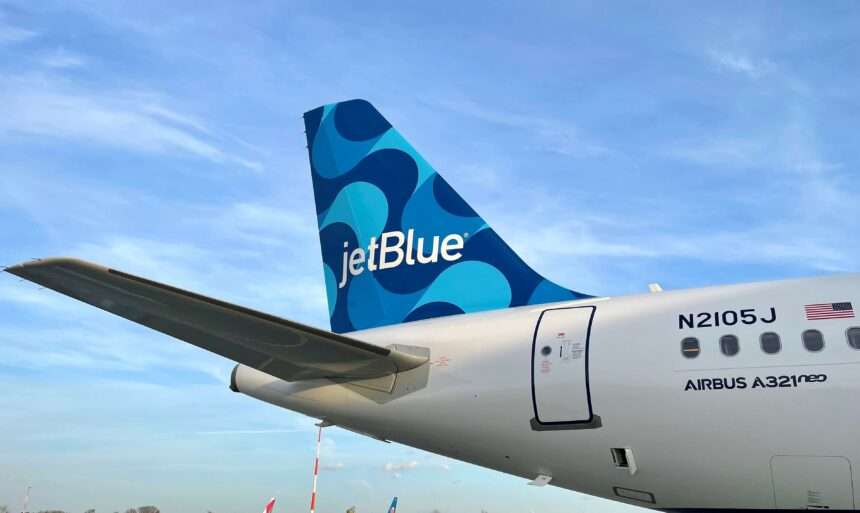To mark World Autism Acceptance Week, British Airways has announced a partnership with Learning Rose, an organisation that develops support material for people with autism.
Through the partnership, British Airways has become the first airline in the UK to produce a Visual Guide to Flying.
British Airways Visual Guide
The Visual Guide is endorsed by the National Autistic Society and is designed to help customers prepare for their trip and make them feel as comfortable as possible during their journey.

Each section of the guide, which can be downloaded from ba.com, describes a different part of the flying experience, using simple icons and text to describe the sights, sounds and smells passengers can expect.
The Visual Guide is the first initiative as part of the airline’s partnership with Learning Rose.
In addition to the Visual Guide, the partnership also includes colleague training and support and bespoke colleague consultation sessions to ensure the airline’s staff have help on hand to always ensure best practice.
Learning Rose was founded by Rebecca Taylor, whose son has autism, mitigated echolalia and sensory modulation dysfunction.
Rebecca previously worked at British Airways as cabin crew, before founding Learning Rose to help others gain a better understanding of autism through designing support materials to enhance the lives of those with autism and other disabilities.
Rebecca Taylor, Founder of Learning Rose, said: “I am really proud to partner with British Airways to create a newly updated and expanded Visual Guide and provide additional training and support for the airline’s colleagues.”
“I know from both my experience working as cabin crew and from travelling with my son that flying can sometimes be overwhelming for people with autism, so I am delighted to be working with British Airways to help ease any travel anxieties that people with autism may face.”
Calum Laming, Chief Customer Officer at British Airways said: “At British Airways we welcome more than half a million customers who require special assistance each year and we’re fully committed to making sure our service is accessible to all.”
“We’re always looking for ways to improve the experience for customers with visible and non-visible disabilities.”
“Our partnership with Learning Rose is just one of the many initiatives we have in place to make flying as stress-free as possible and we’re looking forward to further strengthening and enhancing our partnership going forward.”
British Airways was the first UK airline to be awarded the renowned Autism Friendly Award by the National Autistic Society and the first to formally recognise the sunflower lanyard scheme, partnering with Hidden Disabilities Sunflower.
Customers are able to liaise with the airline’s specialist accessibility team to ensure every journey taken is as straightforward and stress-free as possible.
The dedicated customer care team can discuss and arrange appropriate assistance for each individual, whether this be assistance through the airport and on board, pre-allocation of seats or updating a booking to ensure cabin and ground crew are aware of any support that customers may require.
Customers also have the option to add any requirements to their booking in advance of travelling through the ‘Manage My Booking’ tool on ba.com and there are dedicated check-in areas at London Heathrow Airport for those requiring additional assistance.
Autism and air travel
Air travel can be difficult for some autistic passengers, as the airport and flight environment can be overwhelming and stressful for those who are sensitive to noise, crowds, and changes in routine.
However, there are many ways that airlines and airports can help to make the experience smoother and more comfortable for autistic passengers.
Some airlines offer special assistance and accommodations for passengers with autism, such as priority boarding, quiet zones, sensory packs, and special meals.
Many airports also have quiet rooms and other facilities designed to help passengers with autism and other disabilities.









